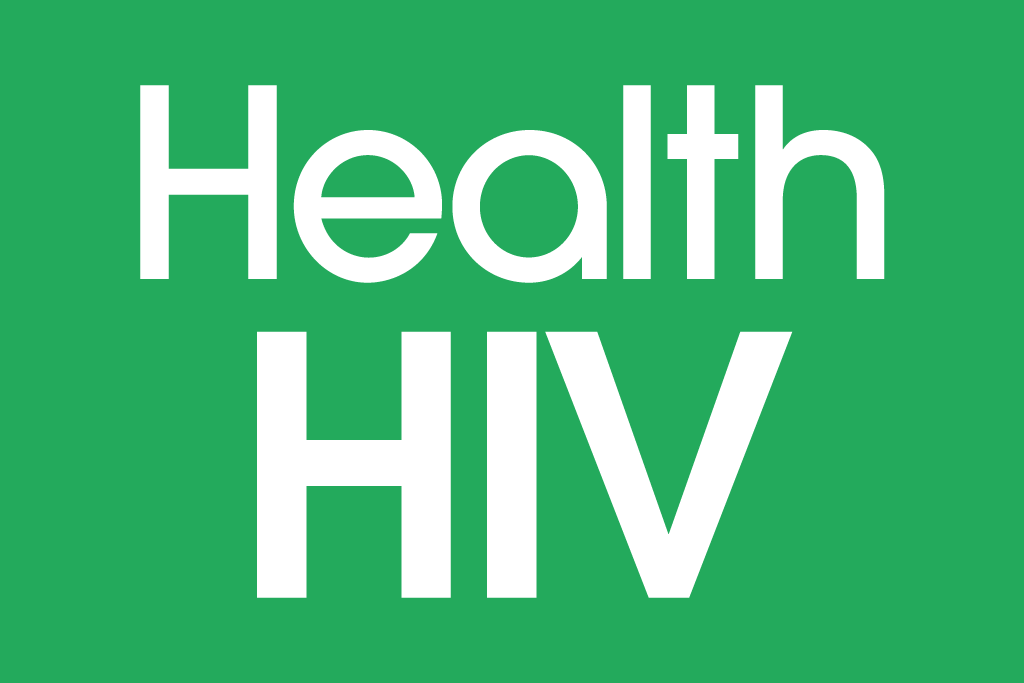Fatigue is associated with worse cognitive and everyday functioning in older persons with HIV
Fatigue is prevalent in people living with HIV and in older adults. Research has been associated with a wide range of psychosocial factors, including depression, anxiety, and poor quality of sleep, leading to overall poorer quality of life. Fatigue is also associated with comorbidities such as hypothyroidism, Hepatitis C, disease severity, and treatment status among PLWH. This study goes into detail about framing the relationship between fatigue, cognition, and everyday functioning in PLWH.
Evaluation of a combined HIV and geriatrics clinic for older people living with HIV: The Silver Clinic in Brighton, UK
In an evaluated clinic that worked with aging PLWH, it was found that almost all referrals to the clinic involved comorbidities and suspected geriatric syndrome. Researchers suggested that Geriatricians with specializations in HIV might soon play a key role in the management and care of older people with both HIV and geriatric syndromes.
Geriatric syndromes in people living with HIV associated with aging and increasing comorbidities: implications for neurocognitive complications of HIV infection
Many aging people with HIV experience health effects similar to people who are 5-10 years older than them. This includes cognitive decline, something that is highly prevalent in older generations. Researchers look at the relationship between living with HIV and cognitive impairment. This article also addresses body composition changes in people with HIV and the clinical complications.
Geriatric-HIV medicine: the geriatrician’s role
With the ever-growing population of aging people, the importance of geriatricians with HIV experience is growing. Comprehensive Geriatric Assessment is an important tool that could be used for this specific population, but it is noted that the current model would need to be adjusted to work better with aging PLWH.
Clinical implications of aging with HIV infection: perspectives and the future medical care agenda
With increasing numbers of aging PLWH, HIV care programs need to begin involving geriatric medicine practices. Researchers suggest that an aging HIV+ person’s care should involve a multidisciplinary team that would include primary care physicians, social workers, and geriatricians.
Faces of Frailty in Aging with HIV Infection
The development of frailty is a risk factor for most aging adults however OPWH are at a greater risk of this development. Prevention efforts need to be made to help OPWH successfully age without disability or loss of independence. It also discusses how the needs for OPWH should be evaluated.
Medical, Social and Supportive Services for Older Adults with HIV
A very broad look at essential community-based supportive services to promote healthy aging of OPWH. It also discusses the potential barriers to those who are older suffering from HIV. This article also mentions that it would be most beneficial for physicians to address the whole individual including the environment and community that they live in as well as their medical information.
Article: HIV and Aging
People who are living with HIV are living longer lives which may bring on new challenges in regards to the comorbidities that can occur in older people with HIV (OPWH). Early diagnoses of these comorbidities, geriatric care is essential to the continuation of life and quality of life for these patients.



